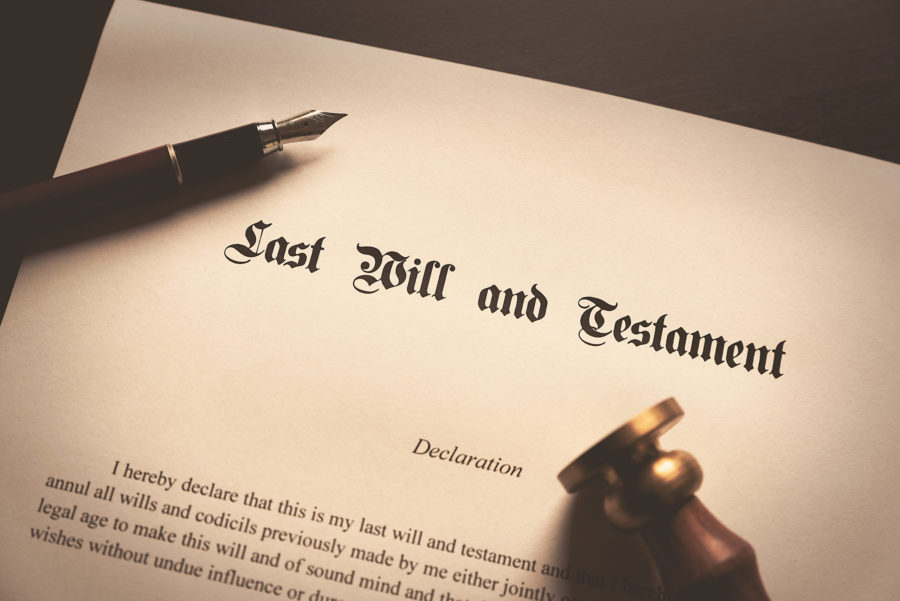
What Happens If a Primary Beneficiary Dies Before I Do?

Preparing for the end of life is not a task people look forward to. Confronting your mortality is an unwelcome exercise. Proper estate planning, however, can protect everything that you’ve worked hard for during your life. It can also save your surviving loved ones from added stress during a grief-stricken time.
You’ve done your due diligence with planning how your assets and property will be managed after you pass away. You’ve given significant consideration to who you will name as the primary beneficiary of your estate – the person who would be the one to receive the bulk of your property and any other assets contained in your estate after you die. So what happens if your primary beneficiary dies before you do? Who would take possession of and manage your estate?
Your Primary Beneficiary Dies Before You. What Do You Do?
Thorough estate planning should involve the inclusion of a secondary beneficiary, just in case the primary beneficiary is unable to inherit the estate. If the secondary beneficiary is unable to inherit the estate, then the estate would go to a final beneficiary. Perhaps you didn’t name a secondary or final beneficiary due to an oversight. Or perhaps there was only one person that you were comfortable naming as your primary beneficiary. Whatever the reason, if you named a sole beneficiary to receive your estate, here’s the scenario that would play out if you make no changes to your estate planning.
If your primary beneficiary dies, and then you die without naming a secondary or another beneficiary, your estate will go through probate. Probate is the legal process through which a determination is made as to who will receive your estate and how it will be distributed. It should be noted that if you only have a will, your estate will have to go through probate regardless of how many living beneficiaries you’ve named. A living trust could prevent your estate from going into probate, but if you die and the sole beneficiary named in your living trust has died, then your estate will go into probate.
To avoid this happening when you die, you could make changes to your will or trust to add additional beneficiaries before your primary beneficiary dies. If your primary beneficiary has already died, you may be able to make changes to your will or trust to name someone else. However, your ability to do this depends on the kind of trust or will you have.
If you have an irrevocable will or trust, you won’t be able to make any modifications to it. Specifically, you wouldn’t be able to change the primary beneficiary without their approval. But since the primary beneficiary has died, the aforementioned scenario would occur. If you have a revocable trust, you could make modifications to it. Those modifications would include changing the primary beneficiary to be someone who is still living.
Contact Mullen Holland & Cooper, P.A. for Help with Your Estate Planning
Do you need help ensuring that your property and assets are protected after your death? Are you considering making modifications to an existing estate plan? Contact Mullen Holland & Cooper, P.A. today.
The North Carolina estate planning lawyers at our firm have years of experience guiding people through planning how their estate will be managed after their death and memorializing their end-of-life decisions, including devising wills or trusts.
To discuss your estate planning options and for help making sure your wishes are fulfilled after your pass away, call Mullen Holland & Cooper, P.A. at 704-864-6751 or contact us through our online form.






